Salesforce announced new capabilities for Revenue Lifecycle Management that allow businesses to scale and automate the entire quote-to-cash sales process — from quoting and contracting to fulfilling an order — on a unified platform for sales, finance, and legal teams.
Built natively on the Einstein 1 Platform, Revenue Lifecycle Management provides an intuitive, AI-guided quoting experience for direct sellers, while empowering businesses to expand their reach across distribution channels and revenue models.
A flexible metadata model allows businesses to deploy the precise product capabilities they need, empowering them to automate processes anywhere they transact, including third-party integrations. Capabilities include Product Catalog Management, Price Management, Transaction Management & CPQ, Contract Lifecycle Management, and Dynamic Revenue Orchestration.
Also Read: IR Joins the Genesys AppFoundry Program Unlocking Next-Level Contact Center Performance
Why it matters: Businesses are looking to improve their seller experience and drive more revenue in an increasingly complex selling environment. At the same time, they are seeking to optimize how they go to market with new monetization strategies and sales channels.
“As revenue lifecycle management grows as a business imperative, we are helping customers transform their seller experiences and monetization strategies with consumption and hybrid models that are deployable across direct, indirect, and self-service channels,” said Meredith Schmidt, EVP and GM of Revenue Cloud, Salesforce.
Go deeper: Enhancing Salesforce’s quote-to-cash portfolio, which includes Salesforce CPQ and Salesforce Billing, this full-lifecycle solution offers numerous capabilities, including:
- Automation and AI integration: Businesses can tap Salesforce’s Einstein AI capabilities to automate processes, guide quoting, and enhance decision-making across the revenue lifecycle. For example, Contracts AI uses generative AI to recommend the right contract clause to a business user, speeding up contract cycles and increasing accuracy.
- Omni-channel buying and selling: Through a unified product catalog, businesses can sell through direct sellers, partner channels, or self-service channels, such as storefronts and in-app user flows. Moreover, modular features empower businesses to create seamless buying experiences across any channel and Salesforce application.
- Monetization model flexibility: As products-as-a-service become more commonplace, subscription management functionality automates processes from amendment to renewal, ensuring a smooth experience for both customers and sales teams.
- Modernized ordering and decomposition: Businesses can handle intricate order processes at scale, from fulfillment to billing. Through the breakdown of products and order lines, Dynamic Revenue Orchestration lets businesses create customized fulfillment plans for each product, ensuring customers receive the right products quickly.
- Customer perspectives:
- “At Slalom, we chose Salesforce’s Revenue Lifecycle Management along with Sales Cloud Einstein as the critical technologies for our sales transformation. These comprehensive features will help us drive consistency as we scale globally, simplify and automate processes, manage risk, and increase our speed to value in delivering measurable business impact for our customers – the Slalom way.” – Amy Loftus, Chief Customer Officer, Slalom
- “Reimagining product catalog management in Salesforce is exciting — it’s like the engine that keeps everything running smoothly. Plus, strengthening orchestration and revenue recognition events means we’d have more complete control of the whole revenue process from start to finish. And with the API-first model and pricing engine, we’d be set to level up our omnichannel strategy significantly.” – Adolfo Carreno, SVP, Digital Technologies & Enterprise Architect, PTC.
SOURCE: Salesforce

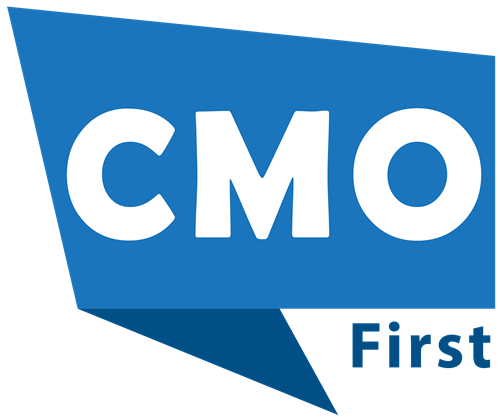






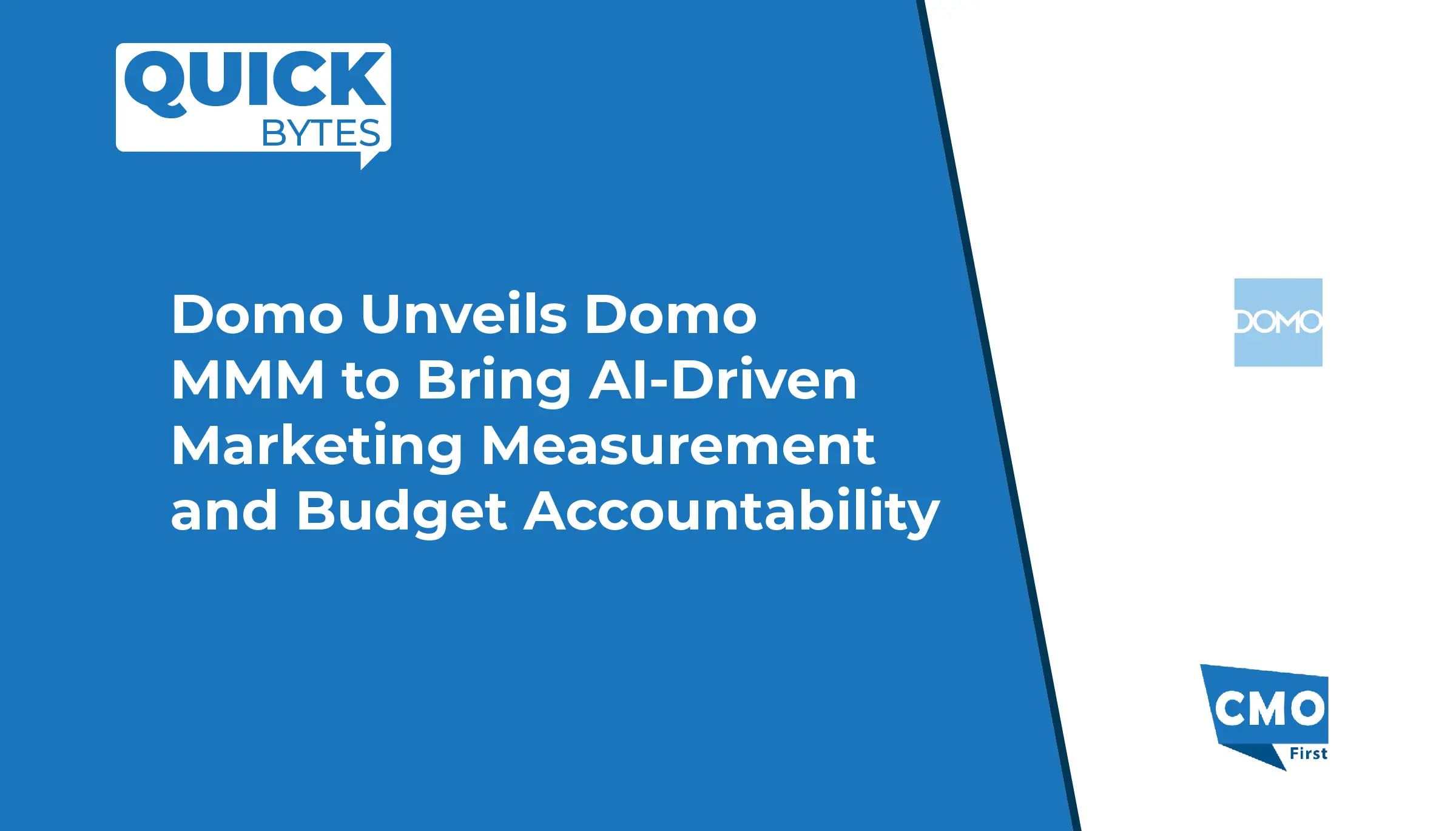





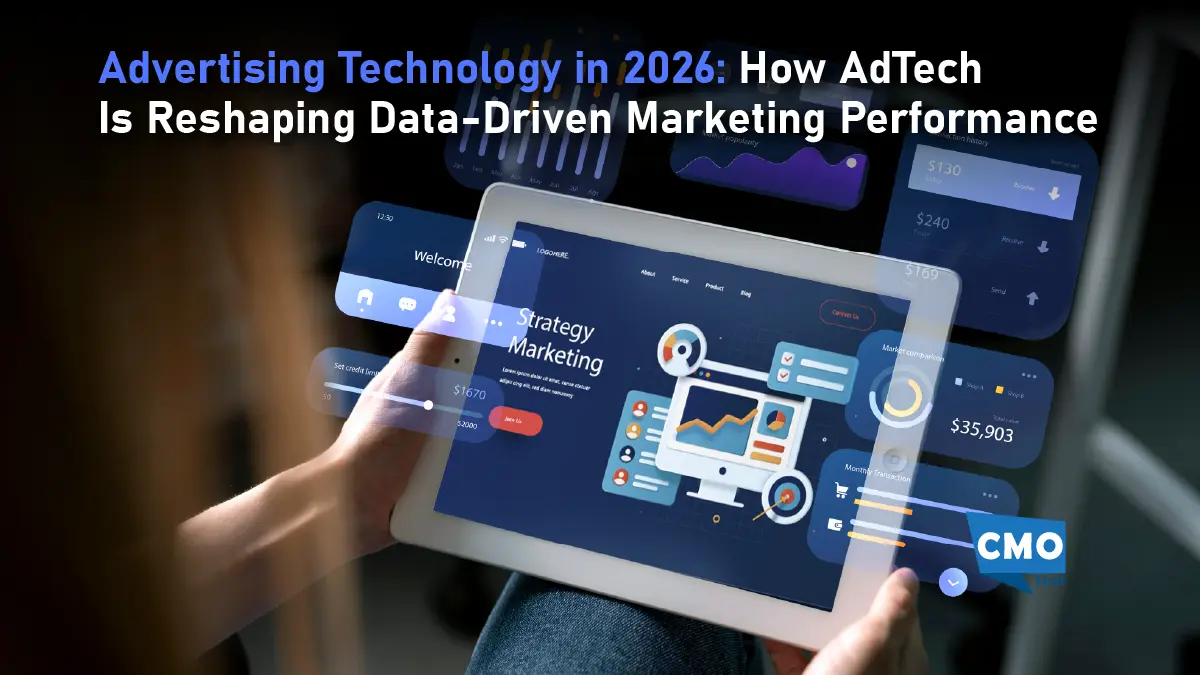
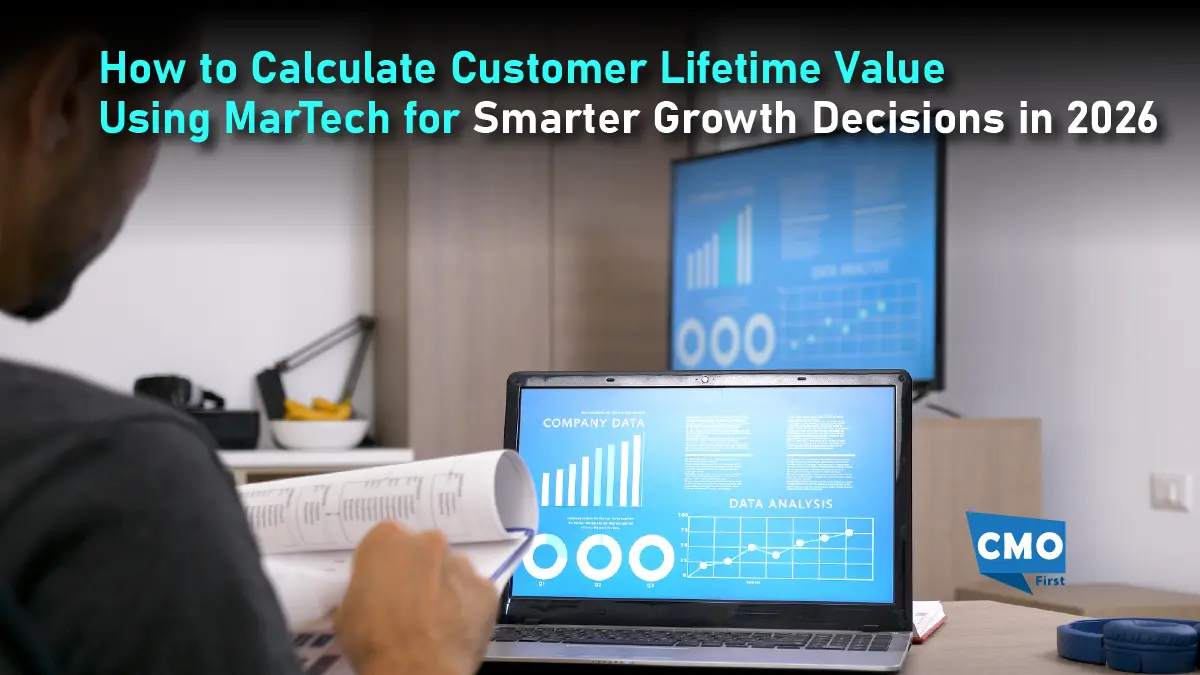


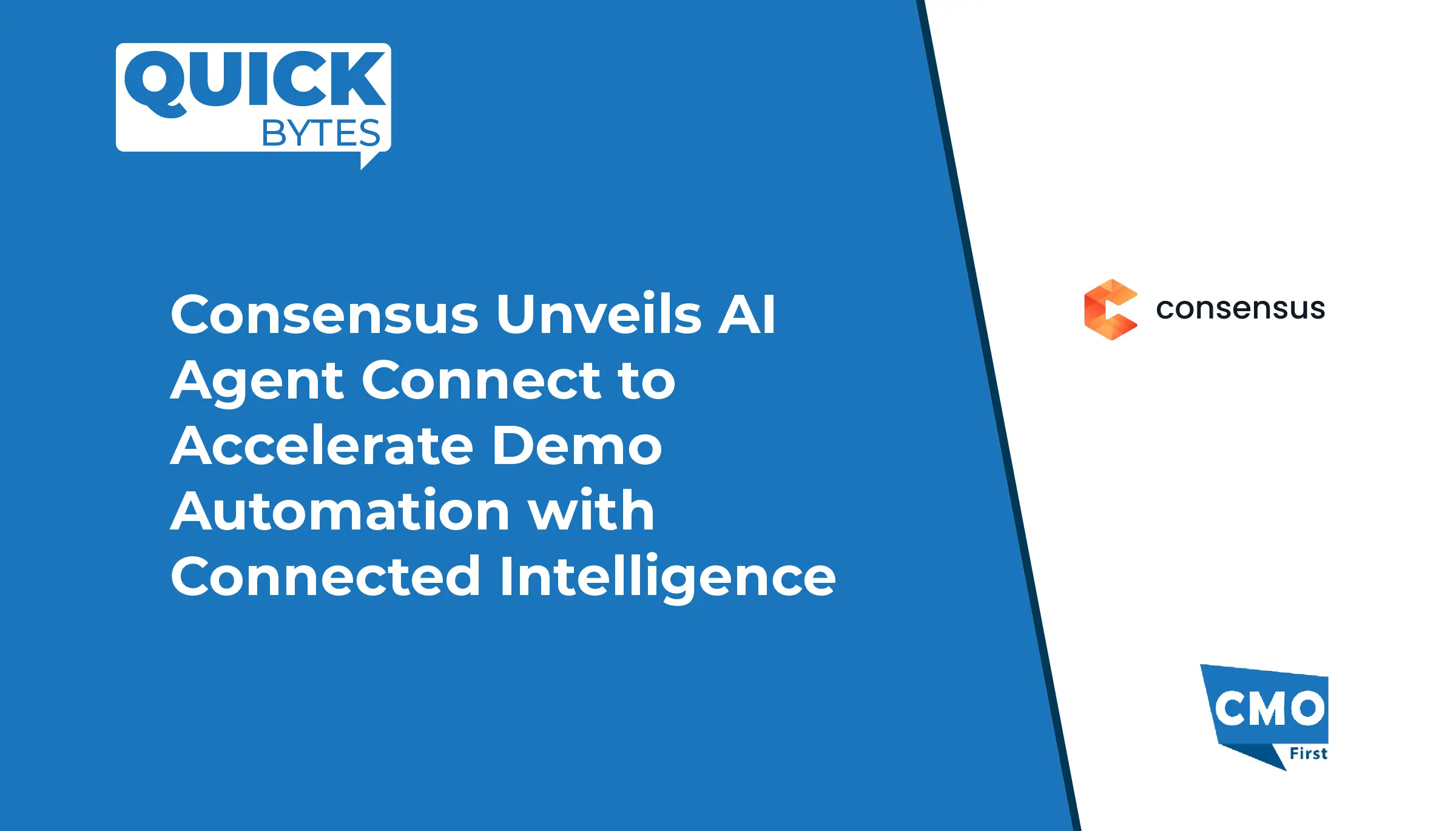



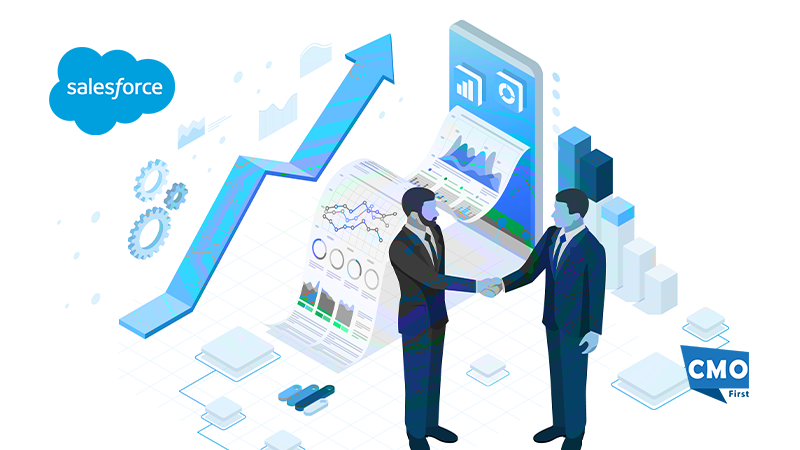

Leave a Reply